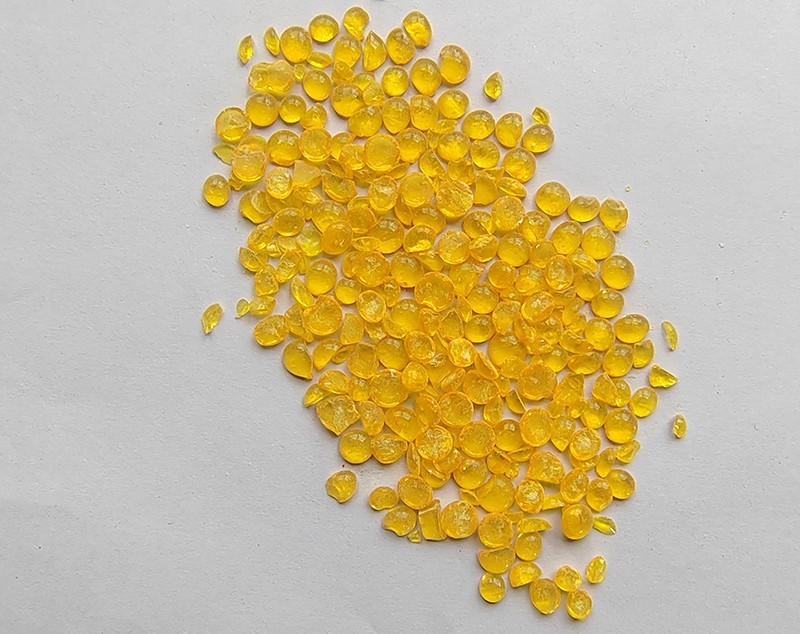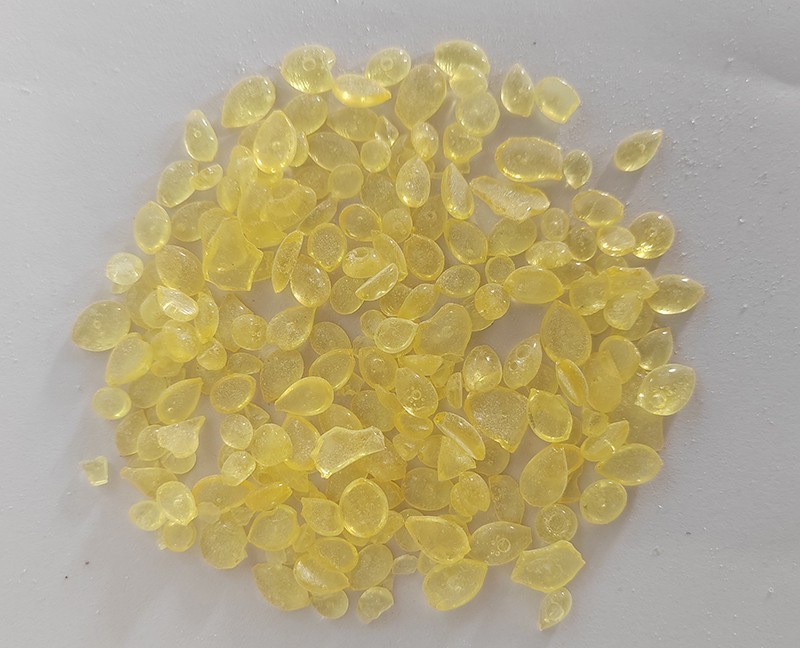In the field of chemical materials, petroleum resin is an important additive and basic raw material, and its hardness characteristics have a crucial impact on the final performance and application effect of the product. Recently, with the continuous deepening of research on the hardness of petroleum resins, our understanding of their hardness characteristics has become more comprehensive and in-depth. Let's delve into the detailed analysis of the hardness of petroleum resins and explore the mysteries and laws behind it.
1. The correlation between softening point and hardness
The softening point of petroleum resin (determined by the global method) is an important indicator for measuring its thermal stability and hardness. The higher the softening point, the stronger the resin's resistance to deformation at high temperatures, and the more significant its hardness performance. For example:
1. C5 petroleum resin: The softening point range is usually 70 ℃ -120 ℃, suitable for rubber tackifiers or adhesives, with moderate hardness.
2. C9 petroleum resin: The softening point can reach 80 ℃ -140 ℃. Due to the high content of aromatic rings in the molecular structure and higher hardness, it is commonly used as a coating modifier or ink extender.
3. Hydrogenated petroleum resin: By hydrogenation process, the unsaturation is reduced, the weather resistance and hardness of the resin are improved, and the softening point can reach 95 ℃ or above. It is suitable for high-end adhesives or hot melt adhesives.

2. The influence of molecular structure on hardness
The hardness of petroleum resin is closely related to its molecular structure:
1. Linear structure: such as C5 resin, with short and linear molecular chains, low hardness, but good flexibility.
2. Circular or branched structure: such as C9 resin or dicyclopentadiene (DCPD) resin, with high content of aromatic rings or double bonds in the molecular chain, high degree of crosslinking, and significantly improved hardness.
3. Hydrogenation modification: Saturate unsaturated bonds through hydrogenation process, reduce polar groups in the molecular chain, and improve the crystallinity and hardness of the resin.
3. Crosslinking degree and hardness
The degree of crosslinking of petroleum resin directly affects its hardness:
1. High crosslinking degree: More chemical bonds are formed between resin molecular chains, which increases hardness but may decrease flexibility.
2. Low crosslinking degree: The intermolecular forces between resin molecules are weak, resulting in lower hardness but better flexibility.
4. The effect of additives on hardness
Adding specific components to petroleum resin can adjust its hardness:
1. Fillers: such as calcium carbonate, talc powder, etc., can improve the hardness and wear resistance of the resin, but may reduce flexibility.
2. Plasticizers: such as phthalates, can reduce the hardness of resins and improve flexibility, but may affect heat resistance.
3. Curing agent: In epoxy resin and other systems, the type and amount of curing agent can significantly affect the hardness of the resin. For example, the hardness of phenolic amine curing agent is higher than that of polyamide curing agent.

5. Hardness testing method
The hardness of petroleum resin is usually determined by the following methods:
1. Global softening point test: indirectly reflects hardness by determining the critical temperature at which resin deforms at a specific heating rate.
2. Shore hardness test: applicable to cured resin samples, directly measuring their surface hardness.
3. Dynamic Mechanical Analysis (DMA): Evaluate the hardness and flexibility of the resin by measuring its storage modulus and loss modulus at different temperatures.
6. Requirements for hardness in application fields
The demand for hardness of petroleum resin varies in different application fields:
1. Adhesive: Moderate hardness is required to ensure bonding strength and flexibility, such as C5 petroleum resin.
2. Coatings: High hardness is required to enhance wear resistance and scratch resistance, such as C9 petroleum resin.
3. Rubber products: require lower hardness to enhance flexibility and elasticity, such as adding petroleum resins with low softening points.
The hardness of petroleum resin is influenced by multiple factors such as softening point, molecular structure, degree of crosslinking, and additives. By regulating these factors reasonably, the hardness requirements of different application fields can be met. In the future, with the continuous development of petroleum resin modification technology, its hardness performance will be further optimized, providing higher quality material choices for related industries.

 Language
▼
Language
▼



 Address:Linzi District,Zibo City,Shandong Province
Address:Linzi District,Zibo City,Shandong Province E-mail:wanbang@wanbangresin.com
E-mail:wanbang@wanbangresin.com WhatsApp:+8615053337101
WhatsApp:+8615053337101